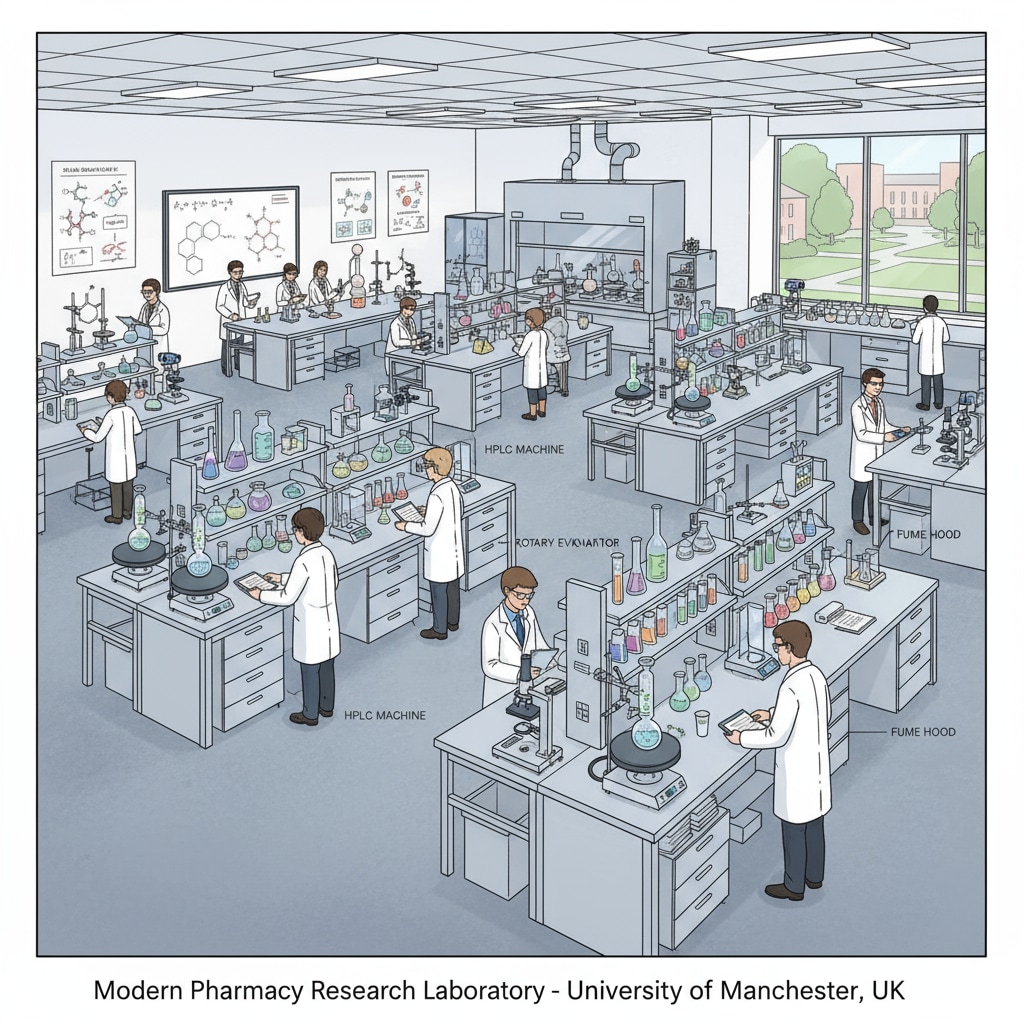In the realm of pharmacy programs, postgraduate admissions in UK education, a notable concern has emerged – the apparent lack of direct entry options for students aspiring to pursue postgraduate pharmacy degrees. This situation has left many students and educators scratching their heads, wondering why such a gap exists in the British educational landscape.

As the demand for skilled pharmacists continues to grow, understanding this issue becomes crucial.
The Landscape of Pharmacy Postgraduate Admissions in the UK
The UK is renowned for its high-quality education system, attracting students from around the globe. When it comes to pharmacy programs at the postgraduate level, the existing admission routes are somewhat complex. For example, most universities require students to have a relevant undergraduate degree in pharmacy or a closely related field. According to UCAS (Universities and Colleges Admissions Service), this often means that students need to complete a three or four-year undergraduate program before being eligible for postgraduate studies. However, this traditional path may not be suitable for all.

The Absence of Direct Entry Programs
The lack of direct entry programs for pharmacy postgraduate studies in the UK is a significant hurdle for many. Some students may have relevant work experience in the pharmaceutical industry but lack the formal undergraduate degree in pharmacy. Others might have completed an undergraduate degree in a different discipline but have developed a strong interest in pharmacy at a later stage. In addition, international students may face unique challenges. As stated on the British Council website, they may find it difficult to navigate the existing admission requirements without a direct entry option. This absence could potentially limit the diversity of the student body in pharmacy postgraduate programs.
There could be several reasons for this lack. One might be the strict regulatory requirements in the pharmacy field. Pharmacy is a highly regulated profession, and universities may be cautious about admitting students without a solid foundation in pharmacy-related knowledge and skills. Another factor could be the limited resources available. Offering direct entry programs may require additional faculty, teaching facilities, and curriculum development, which universities may find challenging to accommodate.
Readability guidance: As we can see, the lack of direct entry options in UK pharmacy postgraduate admissions is a multi-faceted issue. By understanding the reasons behind it, we can start to explore possible solutions. In the next section, we will look at the implications of this situation for students and the pharmacy profession as a whole.
Implications for Students and the Profession
For students, the absence of direct entry programs can be a significant setback. It may delay their entry into the pharmacy profession, especially for those who are eager to start their postgraduate studies and contribute to the field. This could also lead to a loss of motivation and talent, as some students may choose alternative career paths due to the complexity of the admission process.
On the other hand, for the pharmacy profession, it may miss out on individuals with diverse backgrounds and perspectives. A more diverse student body in postgraduate pharmacy programs could bring in new ideas and innovation, which are essential for the growth and development of the industry.
In conclusion, the lack of direct entry programs for pharmacy postgraduate studies in UK education is an issue that demands attention. By addressing this gap, the UK can not only attract a wider range of talented students but also enhance the quality and diversity of its pharmacy profession.


